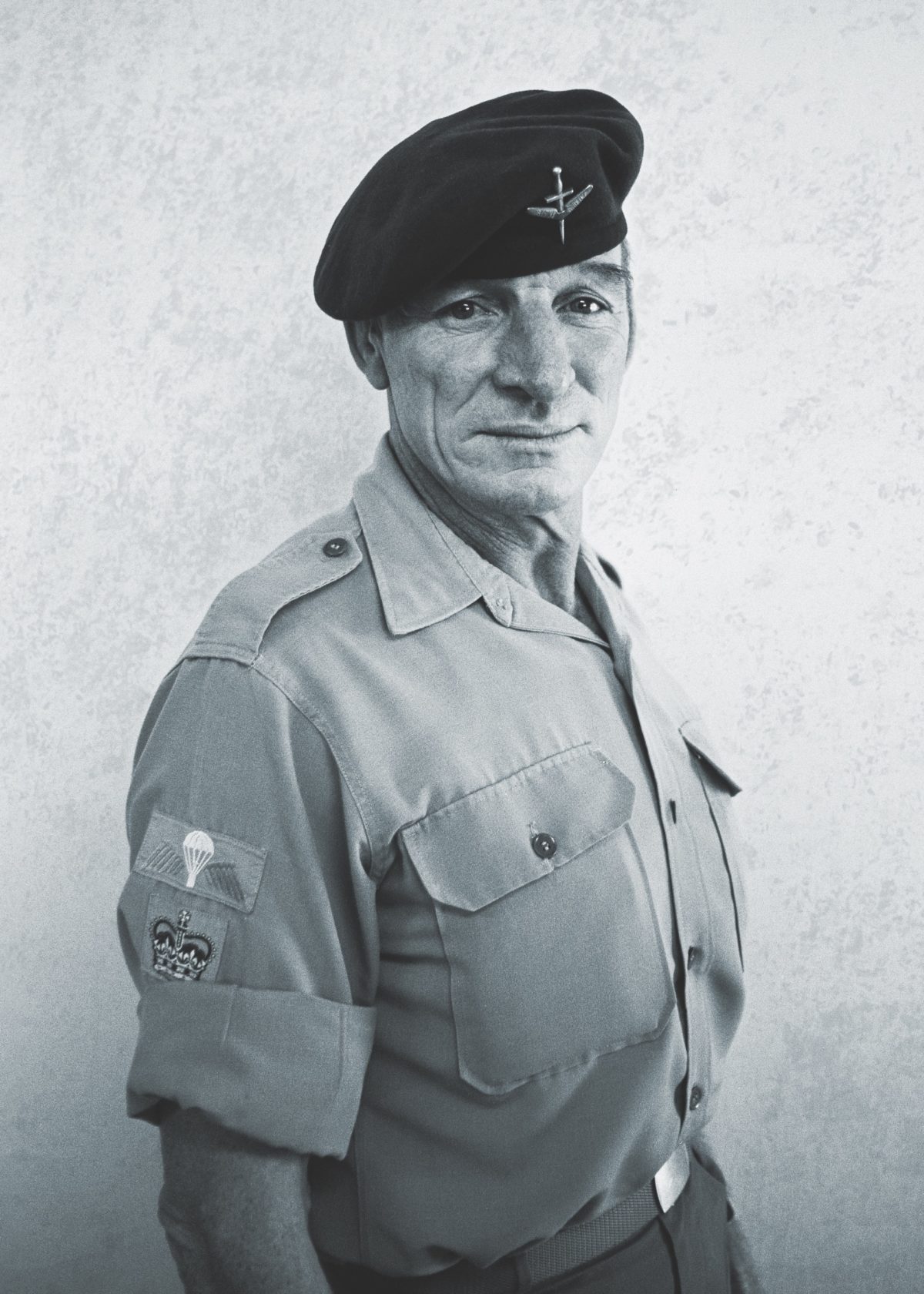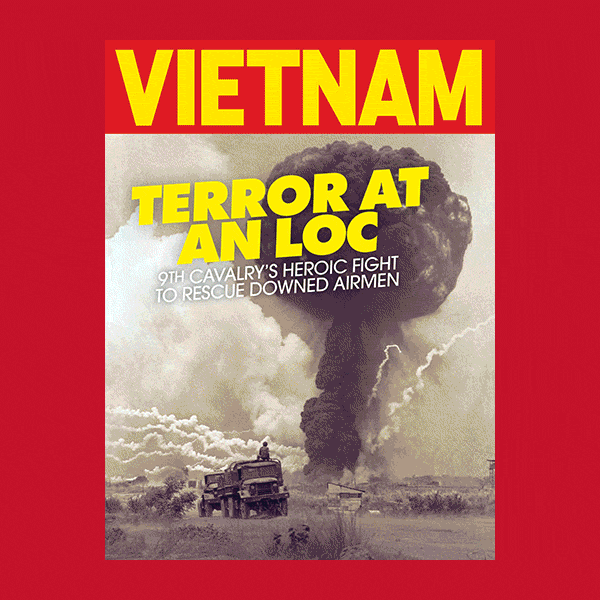During the Vietnam War, Warrant Officer Class 2 Rayene Simpson was one of only four Australian soldiers awarded the Victoria Cross, the British Commonwealth’s highest decoration for combat valor and the equivalent of America’s Medal of Honor. Until fairly recently, most Commonwealth nations used the British system of military awards. Since the 1990s, Australia, Canada and New Zealand have established unique military awards systems but retain their versions of the Victoria Cross at the apex of their valor pyramids.
In 1944 Simpson enlisted in the Australian army at age 18 and was assigned to a pioneer (combat engineer) battalion. He demobilized in 1947. Simpson reenlisted in 1951 and served in Korea with the 3rd Battalion, Royal Australian Regiment. He was sent to Malaya in 1955 for two years with the same unit. In 1957 Simpson was assigned to the 1st Special Air Service Company, the equivalent of the U.S. Army’s Special Forces. In July 1962 he went to Vietnam as a member of the Australian Army Training Team Vietnam.
Simpson returned to Vietnam in July 1964 for a second tour with the training team. He was leading a Mobile Strike Force patrol of local militiamen on Sept. 16 when it was ambushed near Nha Trang in South Vietnam’s central coastlands. Simpson was severely wounded but fought off multiple enemy assaults as he radioed for enforcements. By the time he was medevaced to the 6th Field Hospital, Simpson had almost died from loss of blood.
For his actions that day, Simpson was awarded the Distinguished Conduct Medal, the British equivalent of the Distinguished Service Cross, the U.S. Army’s second-highest valor award.
After recuperating in Japan, Simpson returned to Australia and left the Army in May 1966. A year later, he reenlisted and returned to Vietnam for a third tour with the training team.
On May 6, 1969, he was serving as the commander of the U.S. Special Forces’ 232nd Mobile Strike Force Company in the Central Highlands when one of his platoons became heavily engaged with Viet Cong in Kontum province. Simpson, at the front of his company, led an assault on the enemy’s left flank.
When one of his Australian platoon leaders was hit, Simpson moved over open ground under heavy fire and carried him to a temporary position of safety. He then crawled to within 10 yards of the enemy troops and threw grenades into their position. Unable to break the contact, Simpson waited until darkness fell and then used smoke grenades to cover his company’s withdrawal. He carried out the wounded platoon leader.
Five days later on May 11, Simpson’s entire battalion engaged the Viet Cong. The battalion commander was killed at the start of the action. Simpson repeatedly led spoiling attacks against the enemy while directing the withdrawal of the wounded. He was awarded the Victoria Cross and the U.S. Silver Star for his actions on May 6 and 11, 1969.
Simpson retired from the Australian army in May 1970. In 1972 he was appointed an administrative officer at the Australian embassy in Tokyo. Simpson died of cancer in Tokyo in October 1978 and was buried at Japan’s Yokohama War Cemetery.
Retired Army Maj. Gen. David T. Zabecki is Vietnam magazine’s editor emeritus.
This article appeared in the June 2022 issue of Vietnam magazine.






